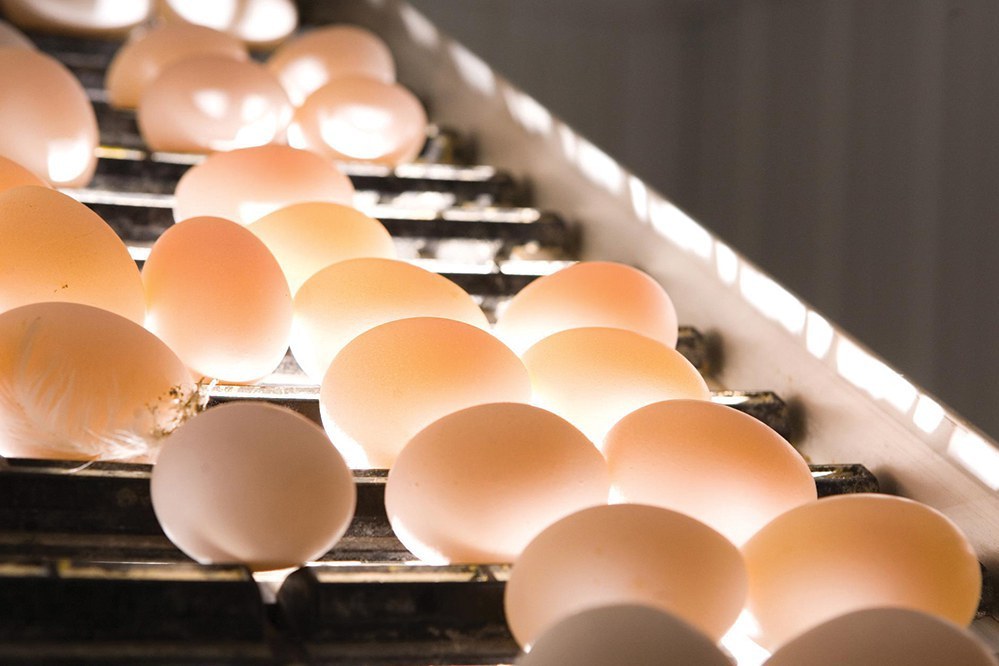Posted: March 30, 2023
The Centers for Disease Control and Prevention estimates that roughly one in six Americans -- or 48 million people -- get sick each year; 128,000 are hospitalized, and 3,000 die of foodborne diseases.
A new pulsed light technology developed by researchers in the college could help bring those numbers down. A light-based, food sanitization technique that kills multiple harmful pathogens shows promise as an effective alternative to chemical and heat- and water-based antimicrobial technologies commonly used in the food industry.
The research team's pulsed UV light technique delivers a higher intensity of light that results in a greater microbial reduction in shorter time than the conventional, long-duration UV light treatment.
Despite improvements in technology and increased regulation, food contamination remains a global problem with major public health implications, explained Ali Demirci, professor of agricultural and biological engineering at Penn State and member of the research team.
"Any improvements to prevent illness or save lives would be the best outcome of this research," Demirci said. "We want to reduce the number of foodborne disease fatalities to zero."
The study, recently published in the Journal of Food Engineering, revealed that targeted pulses of broad-spectrum light established a germicidal response in pathogens such as E. coli, Salmonella Typhimurium and Listeria monocytogenes.
The work was conducted in collaboration with Ed Mills, associate professor of meat science, and Josh Cassar, former doctoral candidate in animal science.
Pulsed light is an emerging technology and could serve as an alternative to current antimicrobial interventions in the food industry as well as be applied more broadly in other antimicrobial applications.
--Adrienne Berard
Features
Breaking the Silence on Farm Stress
Farming has always been a demanding profession, but today's farmers face unprecedented pressures that can severely impact their mental health.
Biting Back
Research Targets Vector-Borne Diseases to Save Lives
Leading Forward
Ott brings deep connection to role of dean.



